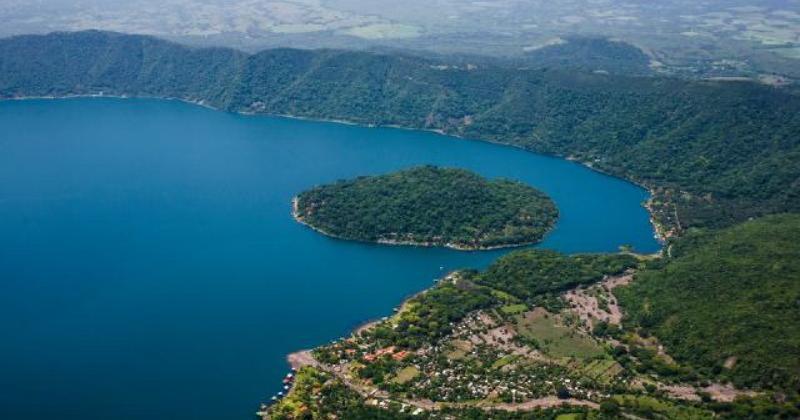Increasing memberships to the fossil fuel disinvestment movement. Protecting the Creation can change finance. The black list of most polluting companies
To move financial investments from fossil fuels such as coal, gas and oil to other equity markets, that are compatible with environmental sustainability and are in accordance with a responsible and ethical finance strategy. This is one of the projects that the Global Catholic Climate Movement has been working on for a few years, a network born in 2014 responding to the Pope’s call to action in the Laudato Si’ encyclical, that includes more than 400 organizations. A theme particularly felt at the eve of the forthcoming "G7" on the environment that will take place in Bologna from 10 to 12 June, but which will be preceded and accompanied by many initiatives, including religious and interreligious meetings. The Protection of Creation - as the pontiff suggests - is a theme on which different religions and traditions can meet, and it is on this ground that the various Christian churches can talk to each other as well as with Islam and Judaism as it will happen in the next few days in Bologna on the initiative of Cei, Archbishop Monsignor Matteo Zuppi and Focsiv (Christian Organisms International Voluntary Service).
Moreover, it is always on this ground that finance can become a virtuous tool, all the more remarkable in the light of the 2015 Paris Conference (Climate Conference, Cop 21), under which important international commitments have been made to reduce polluting emissions in order to slow down and eventually stop climate warming. After all, the phenomenon is already negatively affecting various regions of the planet, affecting in particular poorer African and Asian countries, fueling migratory phenomena as well as agricultural and food crises.
In the last few days, the decision of the White House to leave the Paris accord has stirred the world public opinion and was criticized by different governments along with the Vatican itself. And yet, the Catholic organizations involved in the campaign to stop global warming report that "Trump's decision has made a sort of counter-effect, since there has never before been so much talk about the Paris agreement." In fact, the organizers of the fossil fuel disinvestment campaign say that draining financial resources in this area, mean reaching the goals set by the Paris agreements, even if this is not an easy task.
In the case of Catholic organizations - for example religious orders - that are beginning to join the campaign, the goal is to move the resources invested for retirement funds or charity works, from fossil fuels to ethical investments. This entails following an ethical code (which, among other things, avoids allocating resources to arms trade) capable of directing the transfer of movable assets. Two hundred mining companies have been identified, which are to be avoided, a kind of black list of the major global polluters. Since this is a time-consuming operation (in order to avoid undertaking a losing model in terms of business), a five-year time frame has been agreed to complete the operation. The initiative may seem small but actually it is not: the disinvestment movement is global and involves, in addition to the Catholic network, many lay bodies and investors. Hundreds of them have already joined the campaign and the burden of such a coordinated ethical action in the financial sphere is rapidly increasing with billions of dollars disinvested as the model increases its followers.
It happened therefore that male and female religious orders, Catholic colleges, dioceses, and associations, are little by little disinvesting in order to invest again under certain ethical parameters. "Catholics’ reaction to change - said Tomas Insua, director of Global Catholic Climate Movement - is advancing exponentially. By refusing to invest in fossil fuels in favor, for example, of installing solar panels on church roofs, more and more Catholics are taking concrete actions to protect creation and vulnerable people in their communities, and not only. "
There was great concern about what happened in the G7 that took place in Taormina, Italy last May, during which there was no unanimity on global warming. "In the face of this political stalemate," said the president of Focsiv Italia Gianfranco Cattai, several Catholic organizations pledge, in the name of Laudato Si', to promote social and climatic justice through concrete fossil fuel disinvestment commitments. We hope that this action can be a reminder to international leaders to engage in tackling climate change. "
Among the most recent who have joined the movement, the Archdiocese of Pescara, the Italian Society of Jesus (which followed the example of the Canadian Society), the Interdiocesan network of new lifestyles, but also the Franciscan Sisters of The United States, the Saint Joseph’s Province of the Congregation of the Passion as well as the Passionists of Australia, New Zealand and Vietnam, the Salesian Daughters of Mary Help of Christians from Milan and Naples, the Focsiv, several Australian and British organizations, and the American Catholic Universities of Georgetown and Dayton.
